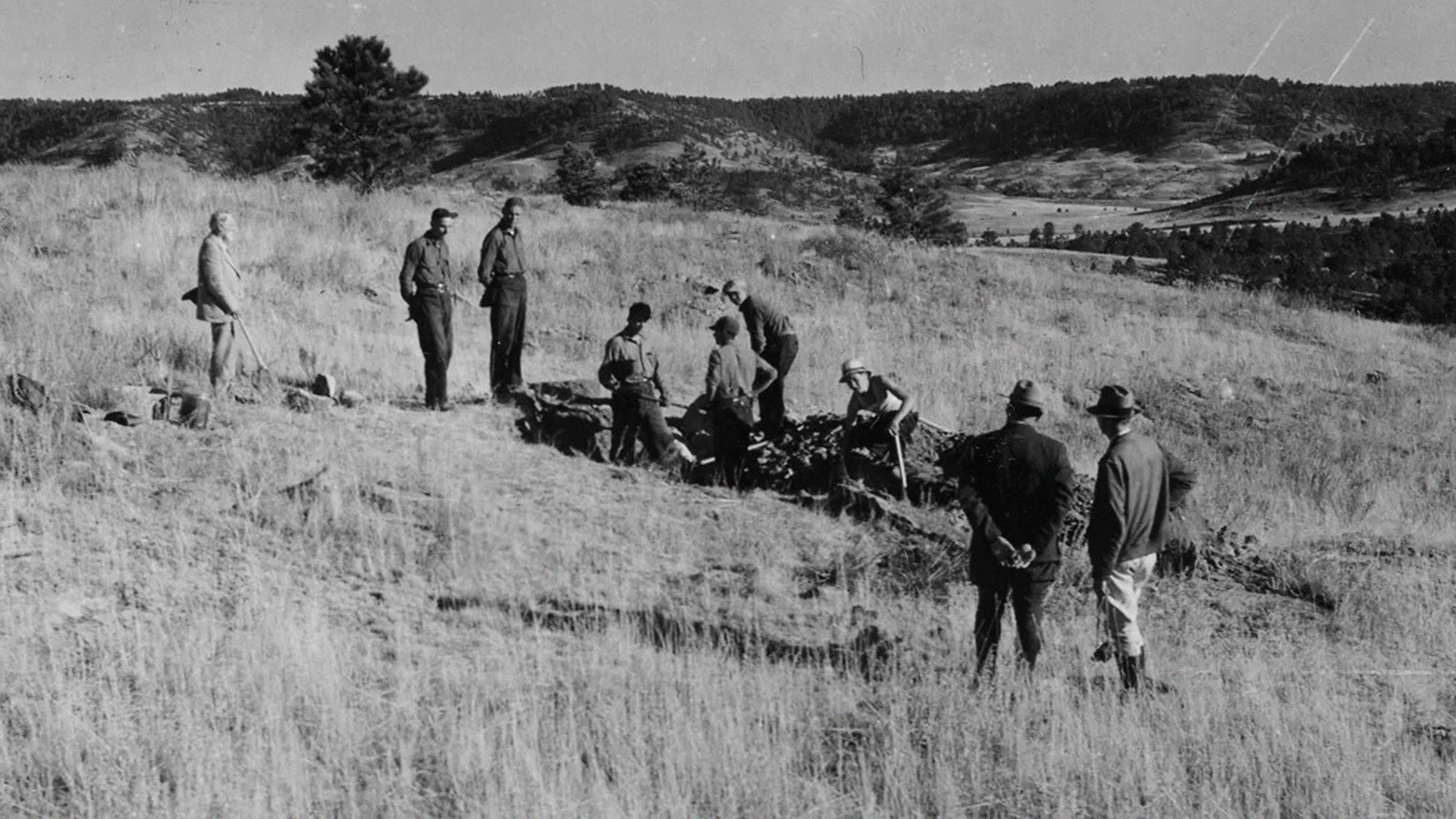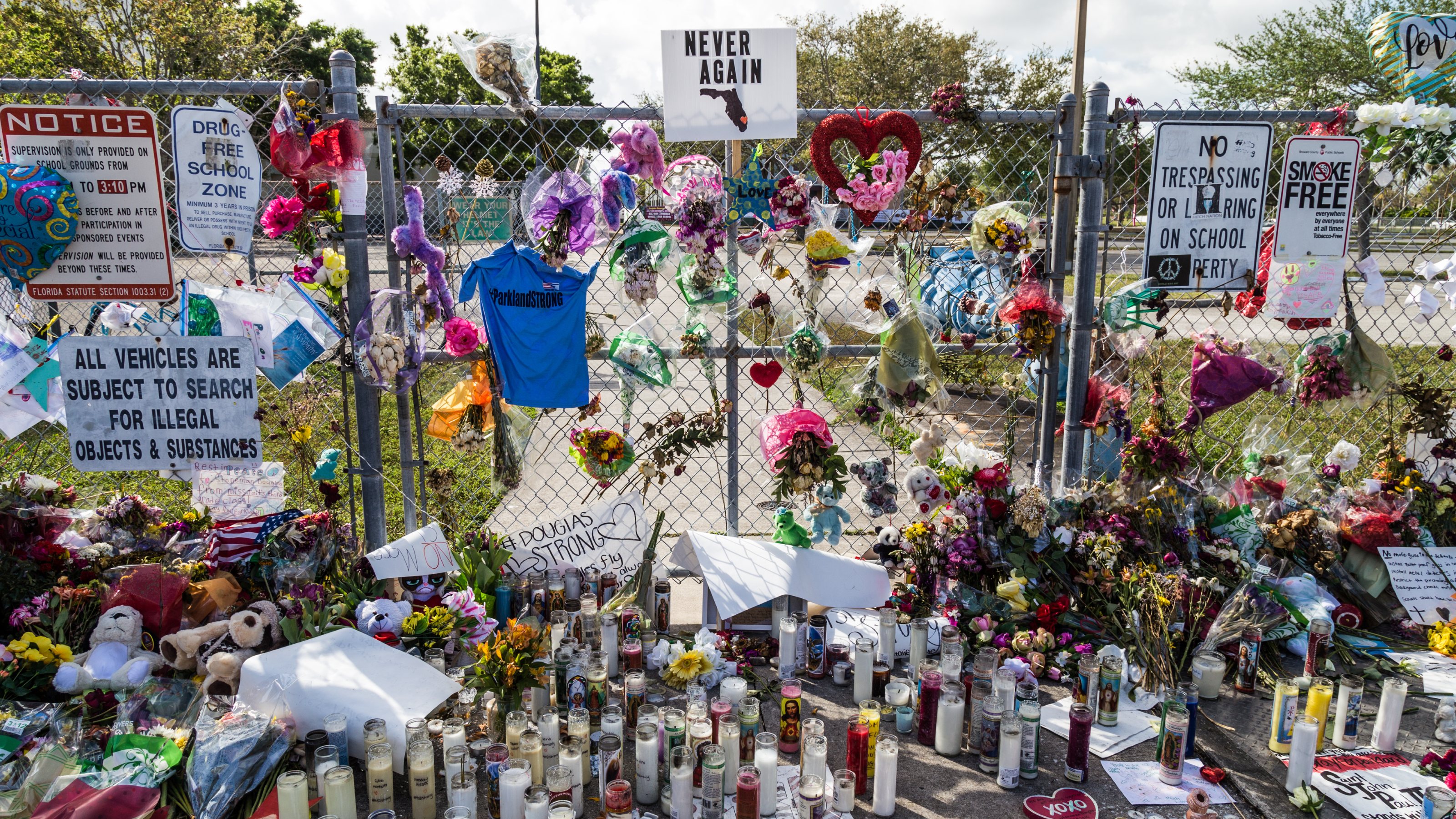When he ran schools in Chicago, there was a student killed by gun violence every two weeks, says the former U.S. Secretary of Education Arne Duncan. He thought there would be changes to our laws after Sandy Hook, Parkland, and other massacres, but the adults failed in protecting the kids. Now it’s up to the young people who are mobilizing themselves and Duncan is hopeful they will finally bring real change.
Arne Duncan: The reality of gun violence that we face in places like Chicago—and unfortunately it’s not unique—in many places around the country is staggering.
And above my desk in Chicago I kept a picture that a young man 12 or 13, a middle school student had drawn for me. It was a picture of him, he’s a fireman, he was climbing up a ladder outside a building to go rescue somebody. And the caption of his illustration was if “I grow up I want to be a fireman.” And that for me was devastating, because for me it was never “if I grow up,” it’s “when I grow up.” And there are far too many young people in Chicago and across the country who ask or think, “if I grow up.”
Everything I’ve done all my life is to try and have young kids think long-term and to defer gratification and think about graduating from high school and think about going to college, but if you’re just trying to survive day-to-day, if you’re just trying to make it, I’m taking a foreign language, I’m speaking Greek.
And so the psychological damage, the fear, the short-term thinking that it forces you to have does so much to take away kids’ dreams. The biggest problem for me is we’ve taken away kids’ childhood. We have entire communities in Chicago where kids can’t go outside and play; there are no playgrounds.
This Friday we’re going to actually go build a playground in one of those neighborhoods and do our best to try and keep it safe so kids could literally play. And so all we want to do is give children their childhood back, and we’ve robbed them of that, and it’s absolutely immoral.
When I went onto run with the Chicago public schools for seven and a half years, obviously some of the issues you’re working on—improving academic achievement and labor management negotiations and budget issues and capital—I don’t want to say any of those were easy, but they were all a heck of a lot easier than dealing with the issue of gun violence.
And the horrible truth is, during my seven and a half years on my watch on average we had a student killed every two weeks, and none of those, thank God, were in schools, but they were in community, they were on the bus going home, this was Starkesia Reed who was shot at 7:30 AM on a school morning in her living room by an AK-47 from a hundred yards away; bullet flew through the window and hit her in the head and she died instantly.
And going to those funerals, going to classrooms where there was an empty desk and trying to make sense of the senseless—that was by far the hardest thing that I ever dealt with.
This is a tough thing to say, but I always try and be honest—what I really thought, because the vast majority of my students in Chicago were students of color or poor students—what I really thought is that the nation didn’t care about black and brown students, and that it would take white kids being killed for anything to change.
And then in DC we had the Sandy Hook Massacre in Newtown Connecticut, and that was obviously my worst day in DC.
President Obama, who by definition dealt with the toughest issues on the planet, that was his worst day.
He went down the next day to meet with families, and Vice President Biden and I went down a couple days later, and none of us ever imagined 20 babies, five teachers, and a principal being killed.
And then after that we got nothing done in terms of gun control legislation. By far our biggest failure.
And when you talk about lies in education and lies in America, what I came to understand in that aftermath wasn't just that we don't care about black and brown kids—that we don’t care about any kids. We don’t value their lives.
We value our guns more than we do their lives.
And so after that Sandy Hook Massacre seeing our inability to get anything done in terms of gun legislation for several years I was honestly very, very pessimistic, and that’s not really who I am, I’m an optimistic person by nature, but I didn’t see much help.
Then tragically we had the massacre in Parkland and what those young people in Florida have done to sort of awaken the nation’s consciousness has been extraordinary, and we’ve matched them with young people I’m working with now in Chicago from the south and west sides who deal with this on a daily basis. They’re working with young people around the country, they had the March for Our Lives in DC, I took my family, my wife and our two kids too and it was extraordinary to see.
And what I actually believe now is that the young people are going to win and they’re going to lead the country where we as adults have failed to take them. They’re going to lead the country to a place that’s freer of fear and trauma. Is a nation we have raised a generation of teenagers on mass shootings, on gun violence. It doesn’t happen in other countries.
And when I meet with young people I apologize all the time, that we have failed to keep them safe. It doesn’t happen in other countries.
But these young people are leading a movement, and as you study our history you think about the civil rights movement, you think about the protest against the Vietnam War, those weren’t led by people my age or with my color hair, those were led by young people who were willing to put their very lives on the line to try and change America. And so I’m actually more hopeful, more inspired than I’ve ever been as a nation: we’re going to break through and our young people are going to lead us where we need to go.





